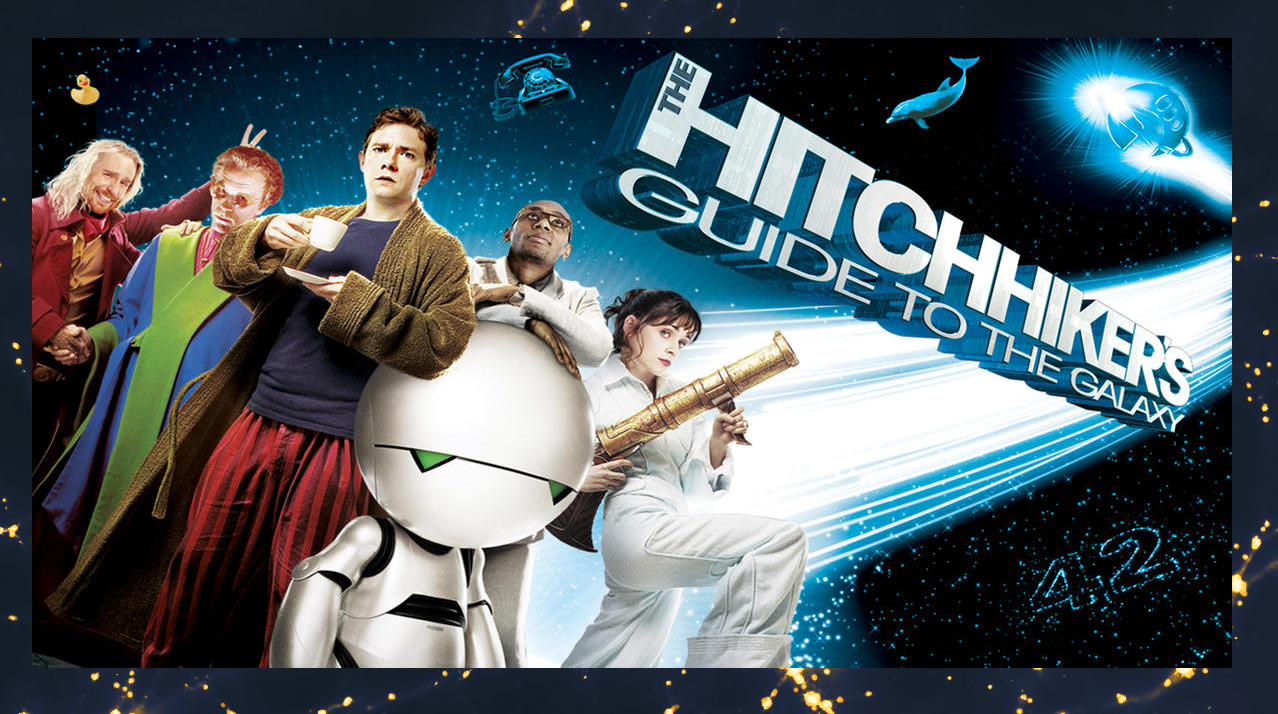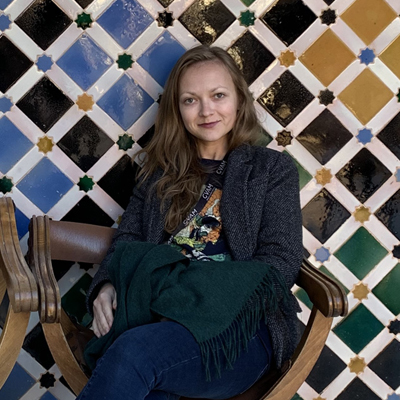“When you grok something, you just get it,” proclaims Vocabulary.com. Invented by 20th century sci-fi novelist Robert Heinlein in Stranger in a Strange Land, the term signifies deep comprehension. Now, Grok is entering our lives as a ChatGPT-like language learning model from the visionary Elon Musk. Yet in its early stage, the app was just released to a limited number of users and promises rapid improvement in the coming weeks as it trains with the users’ help.
The app is developed by xAI, Musk’s AI child aiming to “understand the true nature of the universe,” as the website proclaims. It was launched just in March 2023, now headquartered in the San Francisco Bay Area after relocating from Nevada.

The inspiration for the company came to Musk from the supercomputer in The Hitchhiker’s Guide to the Galaxy. Remember that answer to the ultimate question of life, the universe, and everything? Well, Musk had it in mind when he announced the formation of xAI on July 12, 2023.
Now, months after the founding, Grok is gradually rolling off, offering users to join a waitlist, and it claims to be a rebellious one. The official announcement warns against using the app “if you hate humor” – and it says it won’t reject certain “spicy” questions rejected by other generative AI models. Some top goals Grok pursues: its use to people of all backgrounds and political views, empowering research and innovation with new ideas, and assist in the pursuit of understanding.
Jokes aside, xAI is working closely with X Corp, the former Twitter. Grok will actually use the information from X for real-time world news – and signing up for Grok actually takes you to your X account. For the engineering team, Musk had attracted Igor Babushkin, formerly with Google’s DeepMind, as well as Tony Wu, who formerly served as research scientist at Google and interned at OpenAI before that. Christian Szegedy, another Google deep learning researcher, and Greg Yang from Microsoft have also joined.
In late 2015, Musk was among the investing founders of OpenAI – the Microsoft-backed company valued today at more than $80 billion, according to The New York Times. But when OpenAI released the revolutionary ChatGPT for public use in 2022, Musk was long gone from the company and apparently no longer speaking to its CEO Sam Altman. Back in 2018, Musk left OpenAI over a potential future conflict of interest as his electric vehicle company Tesla threw more efforts into AI technologies.
Prior to OpenAI, Musk invested in DeepMind and attempted to buy the startup ahead of Google. Already at that time and previously, Musk sounded the alarm on AI, citing possible risks to humanity. Reportedly, he believed that Google could not be trusted with advanced AI development technology. Operating since 2010, DeepMind was teaching AI to play games as well as, or better than, humans. In latest news, the technology is acquiring new skills with DeepMind just by watching humans. Sounds treacherous, huh?
More recently, Musk criticized businesses including OpenAI for bias and commercializing generative AI. For him, OpenAI was “a counterweight to Google.” Now, he has rolled out his own platform as a counterweight to all other models.
Clearly, Musk had his generative AI plans in mind as he acquired social media platform Twitter last year. Critics of that ridiculously-priced deal can now guess at Musk’s forward-thinking, as the data from about 556 million active monthly users now becomes available to the new language learning tool Grok.
At its stage today, xAI is building Grok-1, which follows the earlier Grok-0 model. The company describes it as “a state-of-the-art language model that is significantly more powerful, achieving 63.2% on the HumanEval coding task and 73% on MMLU.” According to the website, Grok has surpassed OpenAI’s ChatGPT-3.5 and the newer personal AI platform Inflection-1.
As xAI website states: “We believe that AI holds immense potential for contributing significant scientific and economic value to society, so we will work towards developing reliable safeguards against catastrophic forms of malicious use. We believe in doing our utmost to ensure that AI remains a force for good.”


















